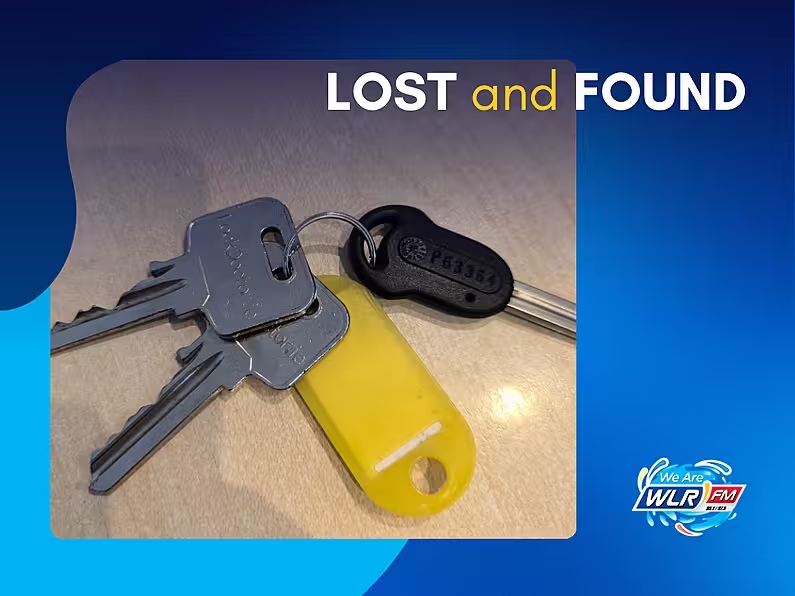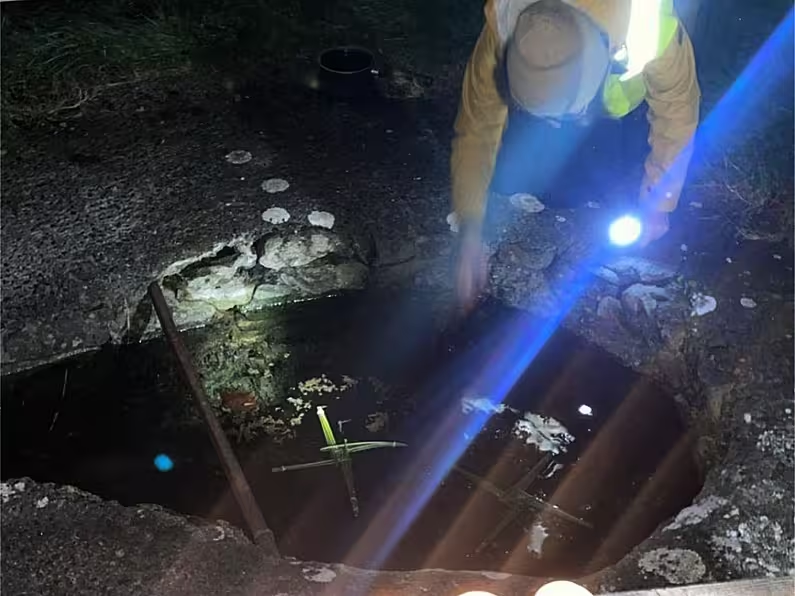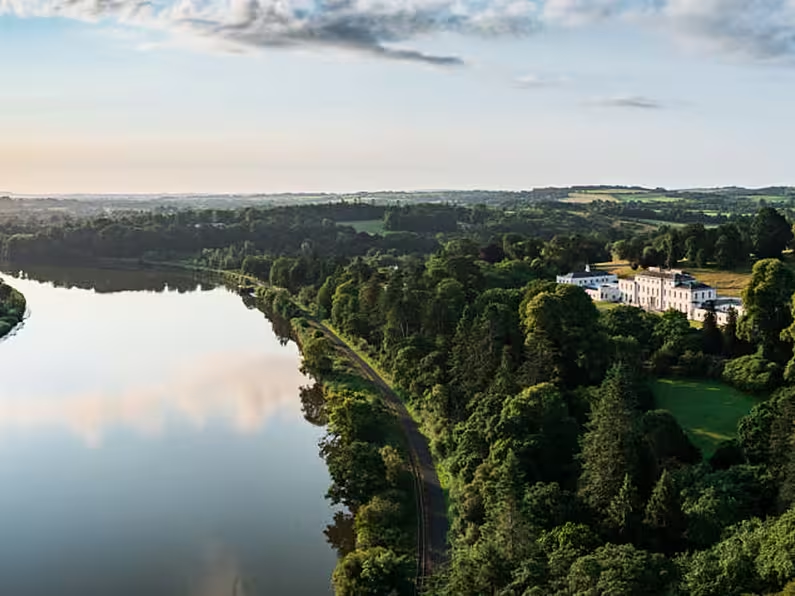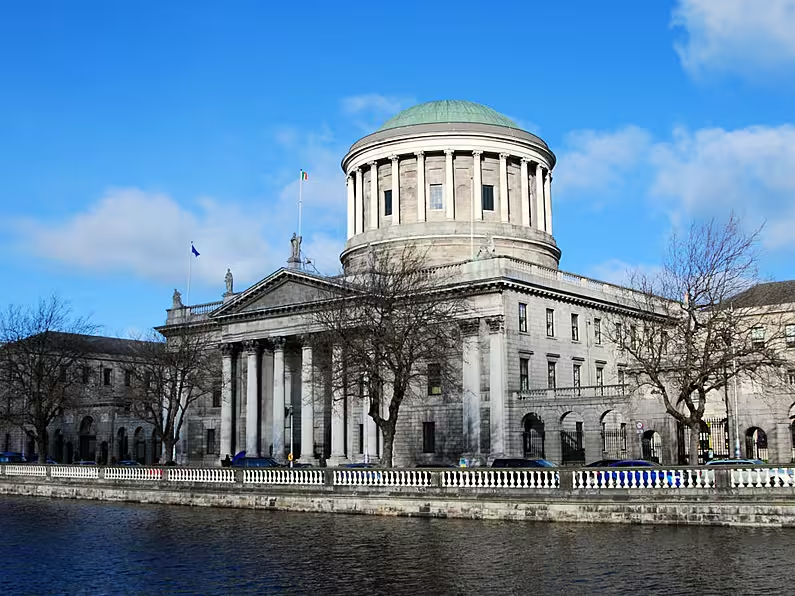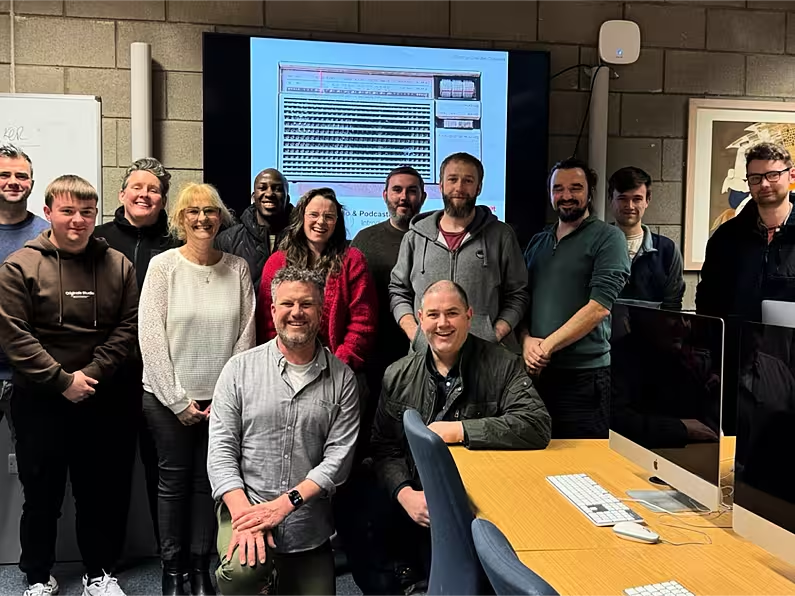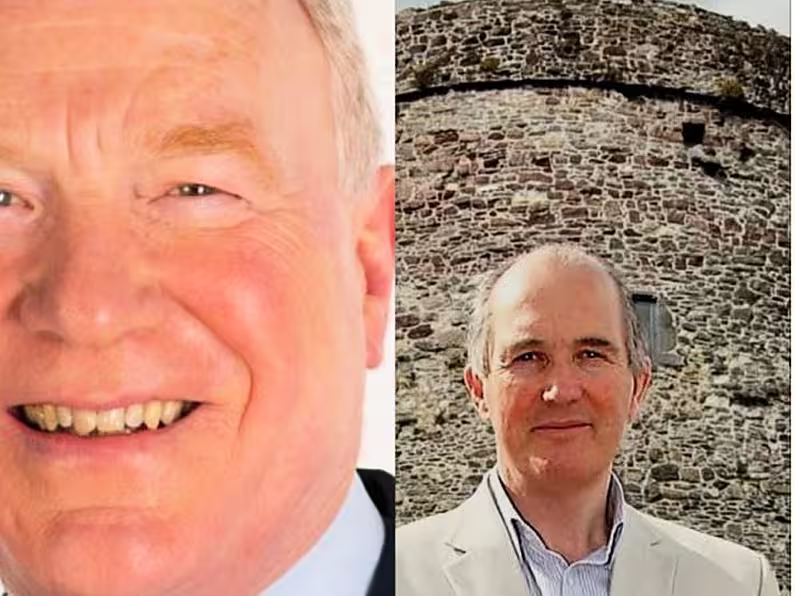By James Ward, PA
All adopted people searching for information about their identity should be provided with counselling supports, the head of the Child and Family agency Tusla has said.
Chief executive Bernard Gloster told the Oireachtas Children’s Committee that provisions made in the Birth Information and Tracing Bill 2021 must be underpinned by legislation.
Mr Gloster has also apologised to anyone who felt hurt or let down by the agency in the past when searching for information about their identity.
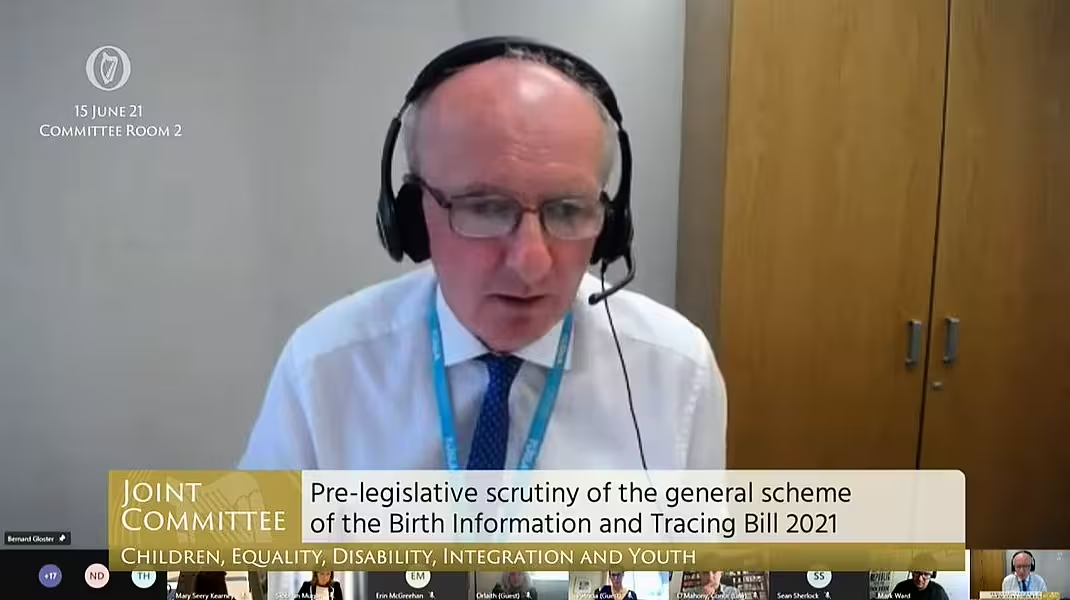
The bill establishes in law a new contact preference register, which will allow people to record if they are willing to meet with relatives, and if they are willing to provide information themselves.
Mr Gloster said: “The contact preference register makes good provision for the appropriate separation of the issues of information and contact, with good additional provisions for counselling supports to be provided.
“It would be a useful consideration to extend the provision of counselling to all people searching for their identity or early life information and who may identify such need for themselves.
“Such a need might arise, for example, on receiving that information or details regarding any expressed wish on the contact preference register which is passed onto them.
“While supports are generally provided under Head 36, this would be more beneficial if included in the statutory duty.”
The comments came at a meeting of the Oireachtas Committee on Children on Tuesday, which was undertaking pre-legislative scrutiny of the Birth Information and Tracing Bill 2021.
He said Tusla or another national level organisation should have a legal duty to provide counselling if it is requested.
Prof Conor O’Mahony, the Special Rapporteur on Child Protection, argued that counselling services should also extend to all birth parents of adopted children.
He said the bill currently only provides it in cases where birth parents have indicated they do not wish to be contacted.
He told the committee: “The provision in Head 4 for a right of birth parents to access counselling services only applies where the birth parent has registered a no contact preference.
“I would submit that all birth parents would benefit from this provision, as initiating contact may prove just as challenging as declining it.”
Mr Gloster also apologised to those who have in the past been frustrated in their efforts to trace their identities through Tusla.
He said: “I am acutely aware of the expressed hurt and distress of many in that debate, most notably adopted people, those with a false, illegal or incorrect birth registration and many who were nursed out, boarded out or placed in pre adoptive foster care.
“They along with others who were born in or resided in certain institutions, have in many cases sought access to their identity and birth/early life information in what can be best described as a weak legal framework.
“Tusla in recent years was in the main the State agency which had to represent that complex legal position, resulting in many people not having access to their identity and all that flows from that.
“Notwithstanding the findings of the Mother and Baby Home Commission on this particular aspect, namely that any State agency would have been in the same position, I recognise that many people were left with hurt and a sense of being let down by the State in their search for answers to the most basic questions.
“To whatever extent any person attributes that hurt to their dealings with Tusla, I offer a sincere apology.
“Whether limited by law or any other circumstance it would never be our wish that any person would be left with such disappointment in their dealings with the Agency.”





